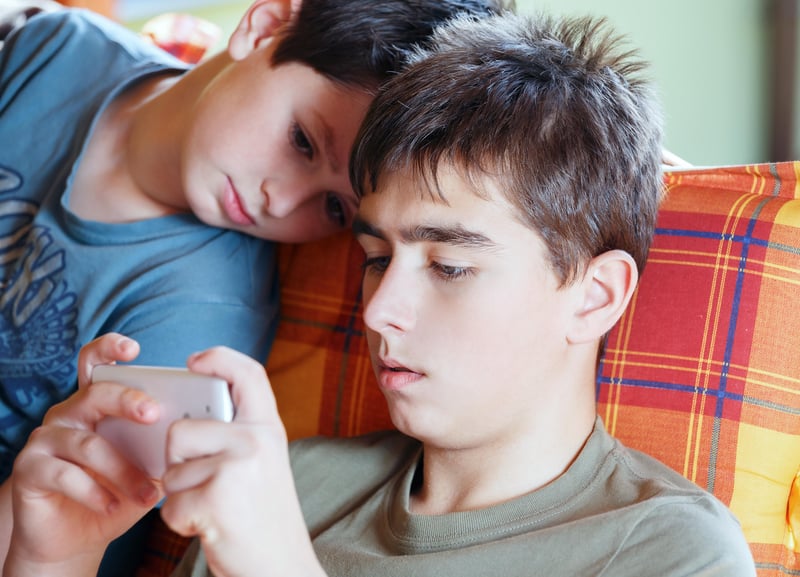Get Healthy!

- Cara Murez
- Posted May 3, 2023
In Survey, Half of U.S. Parents Believe Social Media Is Harming Their Kids
Half of U.S. parents think social media is bad for their kids' mental health, a new survey reveals.
The finding highlights growing concerns about how these platforms affect children's and adolescents' well-being, according to the On Our Sleeves Movement for Children's Mental Health, which had the Harris Poll conduct the survey.
The program encourages parents to help their kids by talking regularly about how using social media makes their children feel.
While in the past year some platforms like TikTok have introduced new safety measures and lawmakers have talked about limiting access, that's not enough, the researchers said.
"This is a positive step, but parents can't trust that this is enough,"said Dr. Ariana Hoet, clinical director of On Our Sleeves and a pediatric psychologist at Nationwide Children's Hospital in Ohio. "Social media has the ability to increase anxiety and depression in children when used inappropriately, as well as potentially open them up to inappropriate sharing, hurtful language, bullying and more."
The survey questioned more than 2,000 U.S. adults, including more than 700 parents of children younger than 18, in late March and early April.
The survey found that the number of adults who said social media has a positive impact on children's mental health fell to just over one-third. It was 43% in 2022.
"Be curious about what your child is doing on social media. Taking an active role in their social media engagement, instead of simply limiting their exposure, can help them feel comfortable to ask questions, report concerns and seek help when they need it,"Hoet said in a hospital news release.
Despite the results, fewer parents now said they were comfortable talking with their kids about mental health -- 86% compared to 91% in 2022.
On Our Sleeves offers free guides with tools to start conversations about social media, as well as strategies on how to set boundaries and keep kids safe.
Parents and caregivers can ask kids to show them their favorite video, channel or online influencer, and then follow up with open-ended questions, making sure to listen. Developing a family social media plan can minimize conflict, support good choices and address misuse.
Talk to kids about how to seek help from a trusted adult if they feel like something unsafe is happening. Tell them which parental controls and settings will be in place for social media use and why.
More information
The American Psychological Association has more on children and social media.
SOURCE: Nationwide Children's Hospital, news release, May 3, 2023




